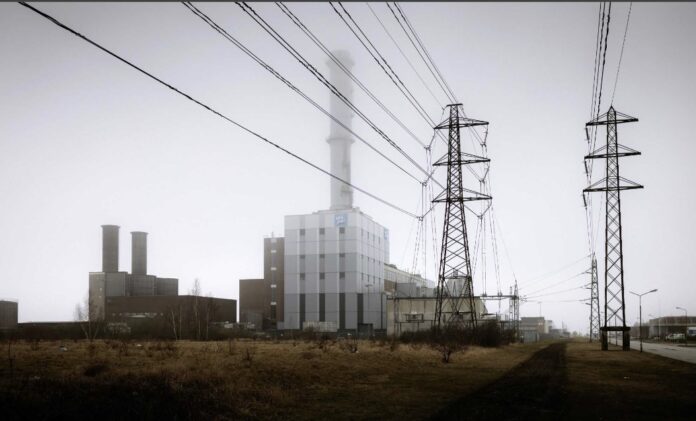У Швеції виникла необхідність адаптувати свою критичну інфраструктуру до можливої конфронтації з Росією. Національна оборонна політика Швеції зазнала змін внаслідок російсько-українського конфлікту, що змусило країну переглянути свої стратегії енергетичної безпеки.
У цьому контексті особливу увагу приділяють модернізації портів, доріг, залізничних мереж, лікарень та укриття. Наприклад, електростанція у Мальме, яка була законсервована, розглядається знову як важливий об’єкт енергетичної інфраструктури. Це зумовлено потенційною необхідністю забезпечення електропостачання у випадку війни, враховуючи поведінку Росії в Україні.
Директор електростанції Міккаель Нільссон висловив надію, що подібні заходи не будуть потрібні, але підготовленість до такого сценарію дуже важлива. Нова реальність спонукає Швецію не лише зміцнювати свої збройні сили, але й активно оновлювати цивільну інфраструктуру.
До цього часу шведські влади активно розвивали мирні напрямки, і їх збройні сили були зменшені після закінчення Холодної війни. Проте тепер вони змушені звернути увагу на підготовку до можливих загроз.
Експерти зауважують, що критична інфраструктура, зокрема електромережа, стає основною мішенню під час конфліктів. При цьому вони вказують на приклад України, де російська агресія призвела до пошкоджень енергетичних об’єктів та відключення міст від електропостачання.
У зв’язку з цим шведський уряд розглядає важливі кроки з метою підвищення готовності та захисту своєї інфраструктури. Це включає в себе збільшення чисельності кваліфікованих працівників, які будуть готові виконувати обов’язки цивільної оборони. Також планується покращення огорож та зміцнення контролю за енергетичними об’єктами країни.
Наразі шведський уряд виділив значні кошти на ці цілі, враховуючи зміни в геополітичній ситуації.


